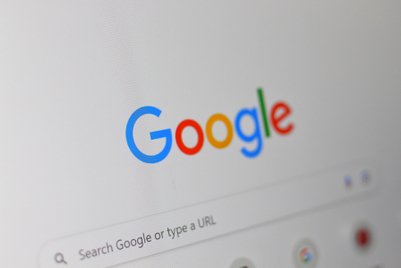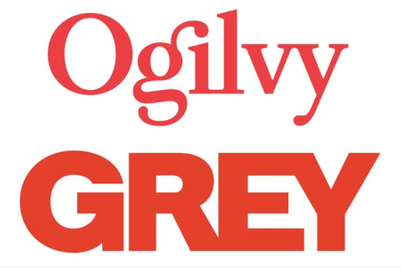
Three years after weathering claims that pesticide levels in their Indian brands were above acceptable levels, the pair faced almost identical accusations, again following a report by the NGO Center for Science and Environment.
If the claims were similar, then the responses by both Coke and Pepsi were glaringly different from their behaviour in 2003. After eight weeks of the present crisis, it appears that the companies have, to differing degrees, handled the incident with something approaching aplomb. The communications strategies that have been utilised, therefore, bear closer examination; if only to demonstrate how MNCs can engage successfully with the varied stakeholder demands of the developing markets.
Coke's response was unhurried. At the risk of underplaying its hand, it sent samples of its products to a third party for testing. It also began to issue consumer ads. According to Coca-Cola Asia group communications director Kenth Kaerhoeg, who found himself in the thick of the action less than a year after relocating from Denmark to Hong Kong to take up the new position, the key challenge lay in communicating a highly technical message, coupled with emotional reinforcement.
"We knew this is not an easy task to communicate around technicalities," he says. "We also knew there was no alternative — we did not pick the time and the agenda."
Both companies' cases were helped immeasurably when respected industry bodies and the central Government distanced themselves from the pesticide claims, particularly given a lack of such support in 2003 and, of course, Coke's tempestuous relationship with the Government. Once brand safety was verified, Coke took the unusual step of throwing open its plants for consumers visits. To date, over 2,000 have taken up the offer.
"We were aware that we also needed a third party to help us when it comes to being extremely credibly over and above the company itself," explains Kaerhoeg. "The most credible third party we could find was the Central Sciences Laboratory."
By this point, the Kerala state government had imposed a ban on both Coke and Pepsi. After a petition from the pair, the ban was lifted. Coke has launched campaigns in recent weeks, using celebrity endorsers to communicate a relatively sober message about product safety. The ads stand in stark contrast to the more dramatic TVCs that ran during the 2003 scandal.
If the crisis has now passed, then it may mark a turning point in the mentality of the Indian consumer. A lingering distrust of MNCs is often attributed to India's years of economic isolation. What still remains clear, however, is that MNCs are held to a considerably higher standards than local regulations.
"When MNCs make recourse to the fact that they meet local standards, then you and I become immediately suspicious," says one source involved in the affair. "It's incumbent that they go beyond local standards. You're going to find more companies being sensitive to this responsibility."
All eyes now will be on how Coke and Pepsi move beyond the crisis, and continue bridge-building efforts — not least with the NGO that sparked the crisis. The work of Perfect Relations (Coke) and Genesis Burson-Marsteller, it seems, is not quite done.



.jpg&h=334&w=500&q=100&v=20250320&c=1)

.jpg&h=334&w=500&q=100&v=20250320&c=1)
.jpg&h=334&w=500&q=100&v=20250320&c=1)

.jpg&h=334&w=500&q=100&v=20250320&c=1)
.jpg&h=334&w=500&q=100&v=20250320&c=1)
.jpg&h=334&w=500&q=100&v=20250320&c=1)


.jpg&h=268&w=401&q=100&v=20250320&c=1)

